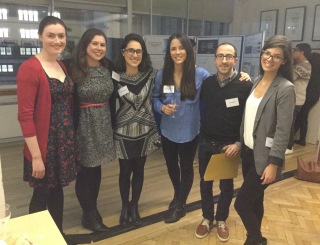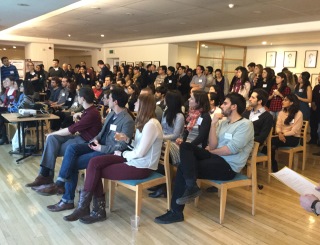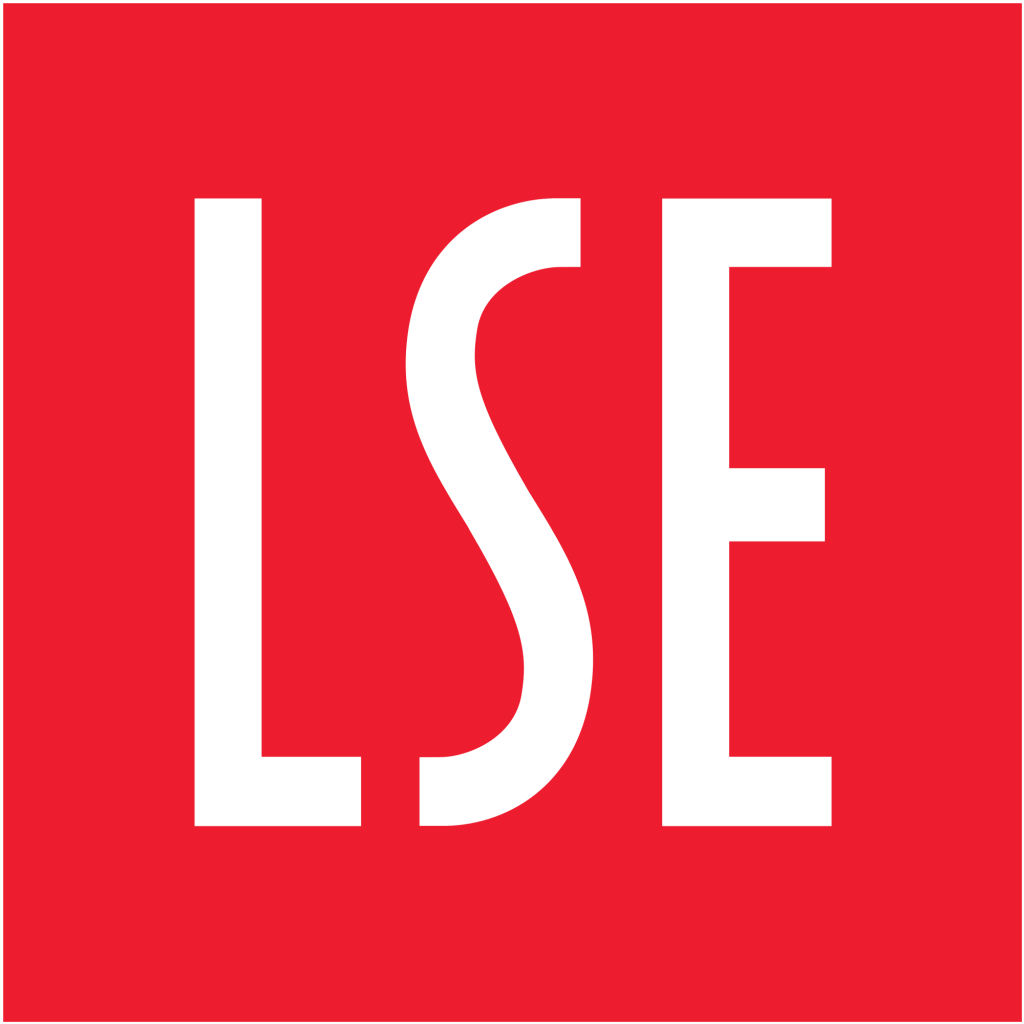

In essence, MPA Capstone projects match a group second-year students to a client organisation, with the goal of producing an analytically rigorous and innovative report on a real-world policy issue. Over the course of the year, students are expected to apply the empirical and public policy skills learned in the MPA core curriculum, as well as utilise the wealth of advisory and academic resources the LSE has to offer.
Students frequently cite this project as one of the defining moments of their postgraduate career, and as a Capstone supervisor, I can attest to the fact that there are a number of reasons why the experience is so monumental.
- First, the structure of the Capstone programme results in innovative projects that give students the opportunity to pursue creative lines of inquiry. Often the five member team is given a project in a direction the client wishes to pursue but hasn’t yet. As a result, the students are analysing topics that push the boundaries of new and exciting policy research — recent examples have included machine learning, intergovernmental treaty reform, or micro-finance. This also means the team can be entirely self-directed in their approach to tackling their policy issue, and are given creative freedom by the client (much more so than in typical consulting relationships). And as Capstones are allocated to students on the basis of each student’s preferences, there is a unique opportunity for students to “put their own stamp” on each project.
- Second, the range of client partner organisations is extensive, and the partnerships uncover the multiple and hidden facets of London for students. The city is well-known for being a global financial capital, and Capstone projects do involve a number of high profile clients in finance and banking. Yet London is also a city of cutting edge policy research in the social and biological sciences, and as a result students interact with a wide range of client organisations. Just this past year, one team continually visited the local Marylebone office of an innovative NGO called Social Finance, who connects the British government with private investors to improve the quality of social service delivery. Another team took project consultations in a museum known to be for the “incurably curious,” to work for their client the Wellcome Trust – while based in London, this client also happens to be one of the most prominent charitable foundations prioritizing scientific research in the world. Other teams have worked for the Greater London Authority (the top administrative body of London government), for the Bank of England, and for the Centre for Public Impact (a foundation of the Boston Consulting Group). Outside of London, top international organisations like the European Investment Bank, the European Bank for Reconstruction and Development, UNICEF and UNESCO also feature. Such interactions are made possible not only by the extensive LSE network, but by client organizations that are genuinely excited to engage MPA students. MPA students also made trips across the pond to New York and to European centres like Brussels, Geneva, Bonn and Paris to meet with their global clients. Such interactions are made possible not only by the extensive LSE network, but by client organizations that are genuinely excited to engage MPA students.
- Finally, the end report is held to very high standards, both in terms of academic research and policy analysis. Students are expected to:-develop a research strategy and analytical framework
-to collect data and perform qualitative or quantitative analysis
-develop policy relevant applications as a result of their workImportantly, final reports are graded both on an academic rubric, by LSE faculty, and on policy impact, as given by the client. And even now, prior MPA cohorts keep raising the Capstone bar. This not only means that second years graduate with a project they can be proud of, but that clients are increasingly responding to the high quality by implementing the report findings, publishing the results, or inviting teams to present at corporate headquarters or international bodies. To give an example, just this year, a group of students presented the first analysis of survey data for central Europe and Eurasia to a panel of experts at UNICEF headquarters in Geneva.
As a Capstone supervisor, luckily my job is to help the team empirically execute their collective vision. After a year of team meetings, client consultations, number crunching, policy brainstorming, group flights, and presentation marathons, each Capstone group has had an experience they’ll never forget. And as a Capstone supervisor, it’s only a short summer away until the next eager cohort takes their turn….

Alexandra Cirone is a Fellow in the Government department at the London School of Economics and Political Science. She is also a PhD candidate in political science at Columbia University, where she previously obtained an MA (2010) and MPhil (2012) in Political Science. She has held fellowships at the Council for European Studies, Reid Hall in Paris, and the Global Public Policy Network.



